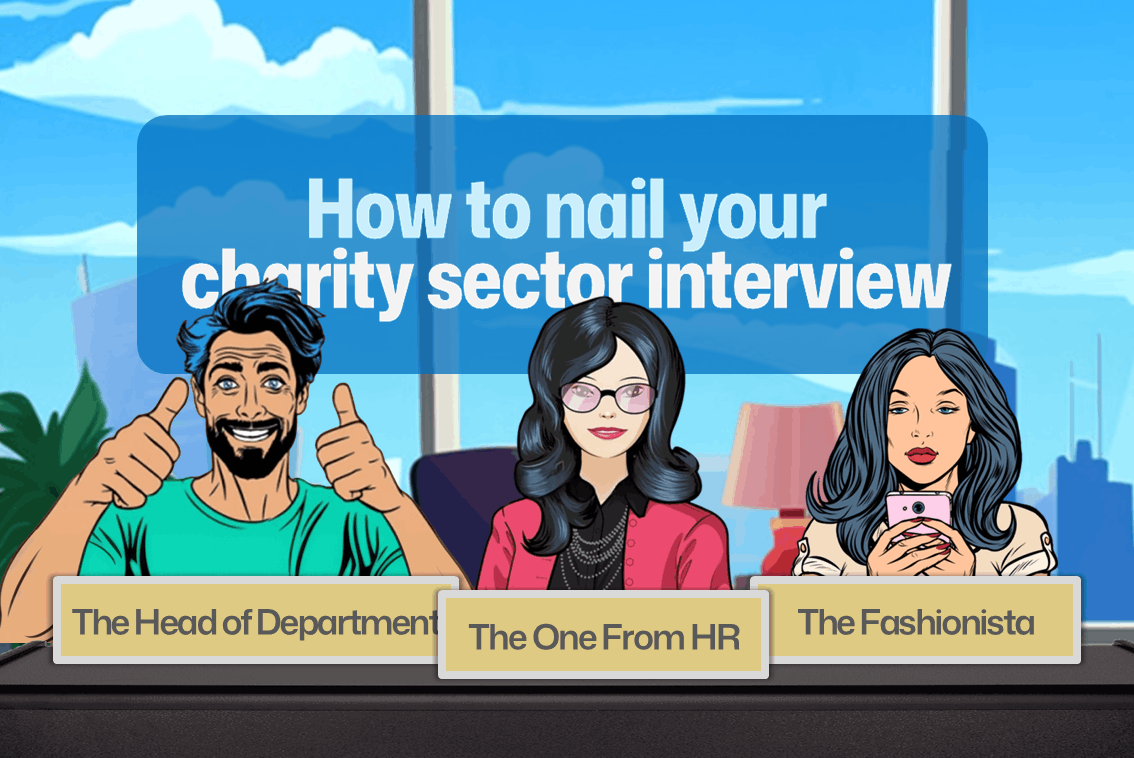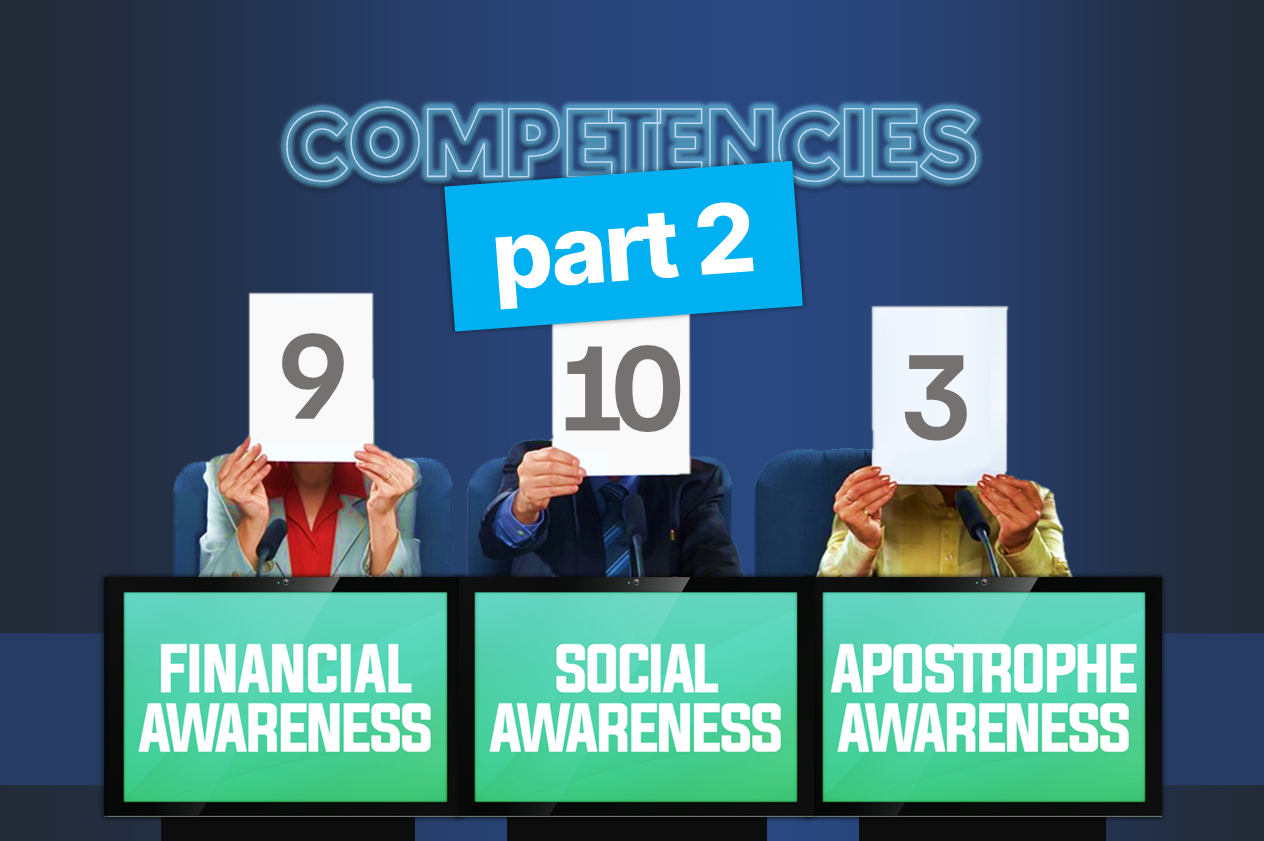Bringing remarkable people together
years serving
the sector
charity clients
per year
candidates
placed per year
the UK’s leading charity and not for profit recruitment specialists
Bringing remarkable people together
years serving
the sector
charity clients
per year
candidates
placed per year
the UK’s leading charity and not for profit recruitment specialists
Bringing remarkable people together
years serving
the sector
charity clients
per year
candidates
placed per year
the UK’s leading charity and not for profit recruitment specialists
Find the right people
Recruiting? Find out how we can help you fill even the most challenging vacancies.
What's the going rate for your role?
Find out in the 2025 Harris Hill Salary Survey ►






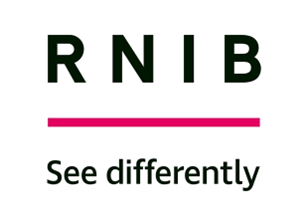



Our clients
…range from major national charities and NGOs to a huge variety of smaller and local charities, trusts and not-for-profit organisations.
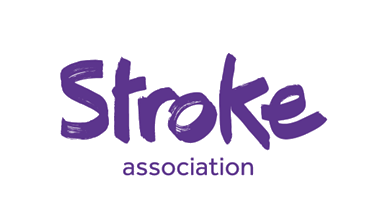
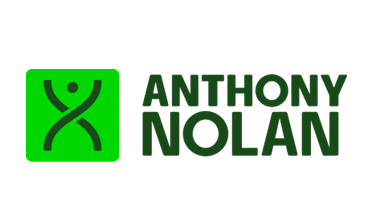
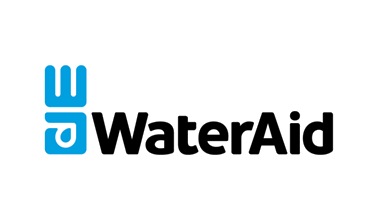

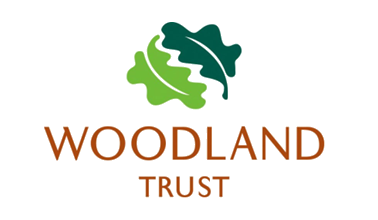

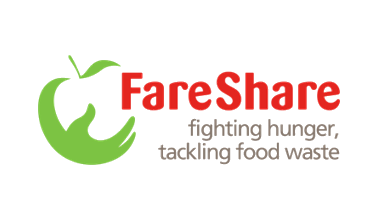
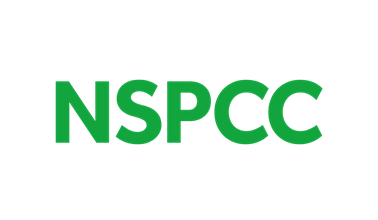
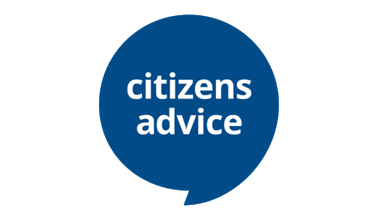
Our clients
…range from major national charities and NGOs to a huge variety of smaller and local charities, trusts and not-for-profit organisations.


















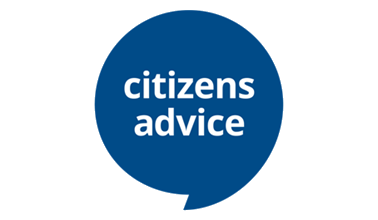
Our clients
…range from major national charities and NGOs to a huge variety of smaller and local charities, trusts and not-for-profit organisations.



















Our clients
…range from major national charities and NGOs to a huge variety of smaller and local charities, trusts and not-for-profit organisations.



















Meet the experts
Our highly experienced team don't just specialise in charity recruitment, but by department or job function too.
Whatever your requirements, you'll work with someone who genuinely understands them, with detailed, up to the minute knowledge of your specific market.








Opportunity for all
Find out how we’re working to deliver more diverse, equitable and inclusive recruitment.

Recruiting a charity CEO?
Our executive search specialists have an outstanding record of successful CEO, chair, trustee and director appointments.
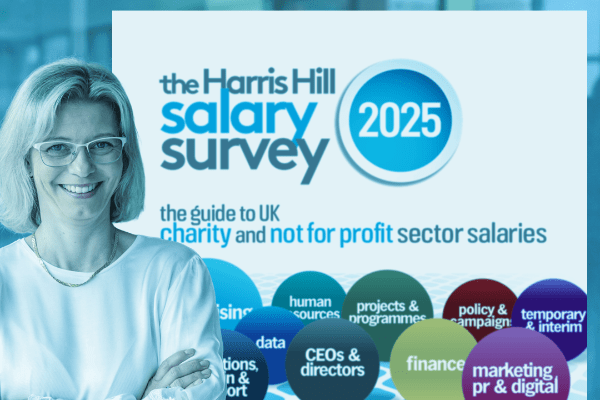
Charity sector salaries
Check out the market rate for your charity role in the latest Harris Hill Salary Survey.
News and insights
For more careers and recruitment advice:

News and insights
For more careers and recruitment advice:



